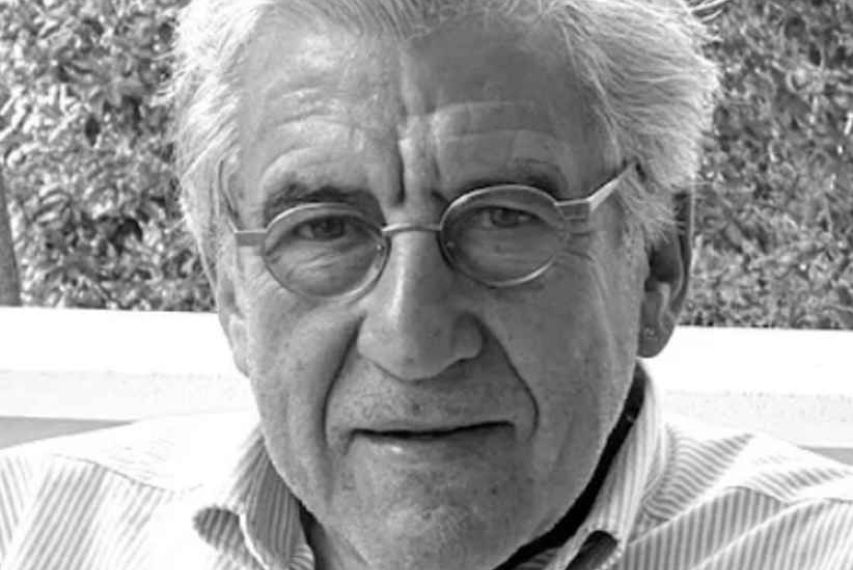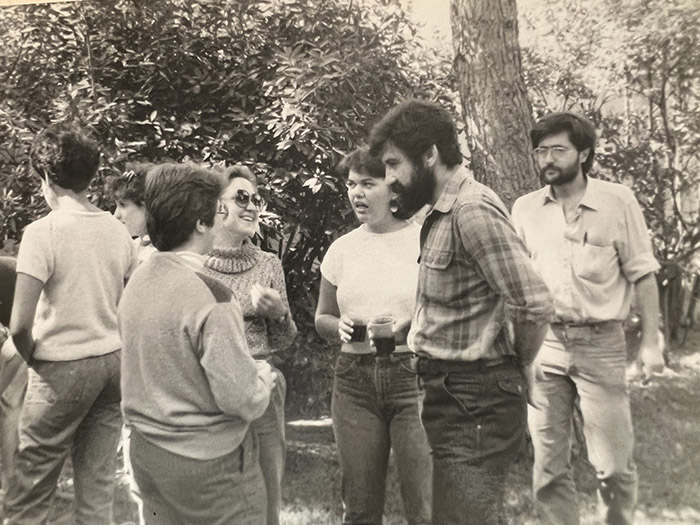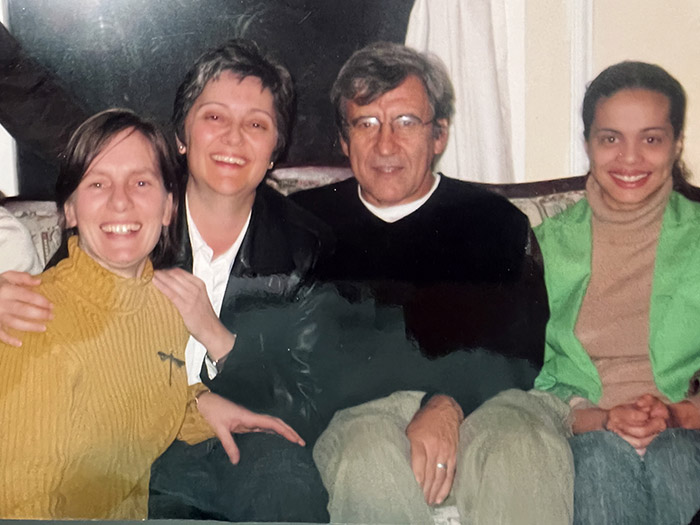How have you kept in touch with the students after they graduate? What are some of them doing?
Operé: Through these years in classes and on trips I have had relationships with many former students whom I now consider to be my friends. The program changed the lives of many of them, it influenced them, it made them more international, more open, and they became global citizens in a very complicated world. I have received many, many letters and emails from students or alumni with extraordinary professional careers who credit Valencia for some of their professional success. In some way, I represent Valencia and Spain for them, I suppose. Most of them use Spanish to communicate.
Berry Freckmann and his brother, Chad Freckmann, are today two of my best friends. Berry went to Valencia with the first group in 1984, and after his graduation he moved to the Czech Republic. We still write to each other frequently. Every time he comes to Charlottesville we get together along with his brother Chad, who lives in Charlottesville. Chad is my weekly companion for hiking in the mountains and road biking. Chad’s daughter Gaby Freckmann also attended Valencia for one semester. Many Valencia alumni have sent their own children to Valencia; my three children, Philip Operé, Peter Operé, and Camila Operé, also studied in Valencia for an entire year. For them, Valencia is another home.
Mercedes Herrero attended Valencia for a semester and also acted in some of my theater productions. After graduation she went to Yale University to do a MA in Fine Arts in Drama. She became a professional actress and worked on Broadway and in television films for many years, and I enjoyed watching her in some of her roles.






